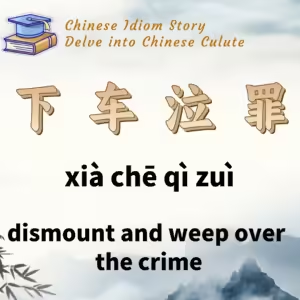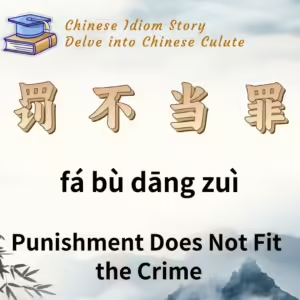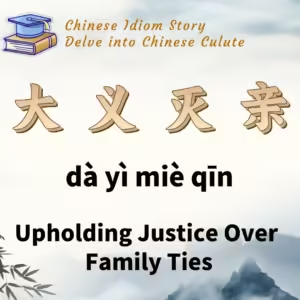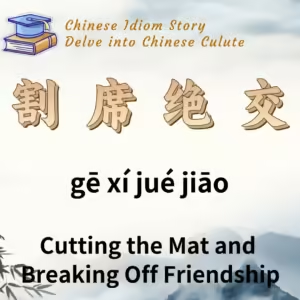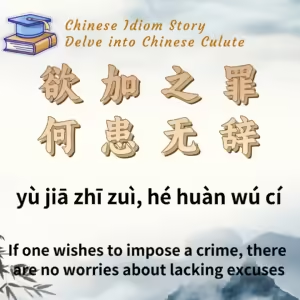
Chinese Idiom: 欲加之罪,何患无辞 (Yu Jia Zhi Zui, He Huan Wu Ci)
English Translation: If one wishes to impose a crime, there are no worries about lacking excuses.
pīn yīn: yù jiā zhī zuì, hé huàn wú cí
Idiom Meaning: This idiom refers to the arbitrary act of falsely accusing someone, implying that if someone intends to frame another, they will easily find excuses to do so.
Historical Source: This idiom is derived from historical events during the Spring and Autumn period, specifically involving the state of Jin.
Idiom Story:
In 651 BC, the ruler of Jin, Duke Xian, passed away, leaving his son Xiqi, born of the concubine Liji, as the heir. However, Xiqi was only eleven years old when he was murdered by a minister named Lik. Liji’s second son, Zhuo, was then made the ruler, but Lik also killed him along with another minister named Xunxi. With the assassination of two young princes, chaos erupted in Jin.
During this turmoil, a prince named Yiw, who had fled to the state of Qin due to the actions of Duke Xian and Liji, returned with the support of Qin’s Duke Mu in 650 BC and became known as Duke Hui of Jin.
Upon ascending to the throne, Yiw sought to eliminate Lik to prove he had not conspired with him to usurp the throne. Before killing Lik, Duke Hui sent a message stating: “Without you, how could I have become the ruler? However, you have killed two princes and a minister. Does this not make it dangerous for me to be associated with you?”
In response, Lik defended himself: “Without the removal of the weak, how could a ruler rise? If one wishes to impose a crime, are there not excuses available? I will comply with your orders.”
After saying this, Lik took his own life by falling on his sword.

